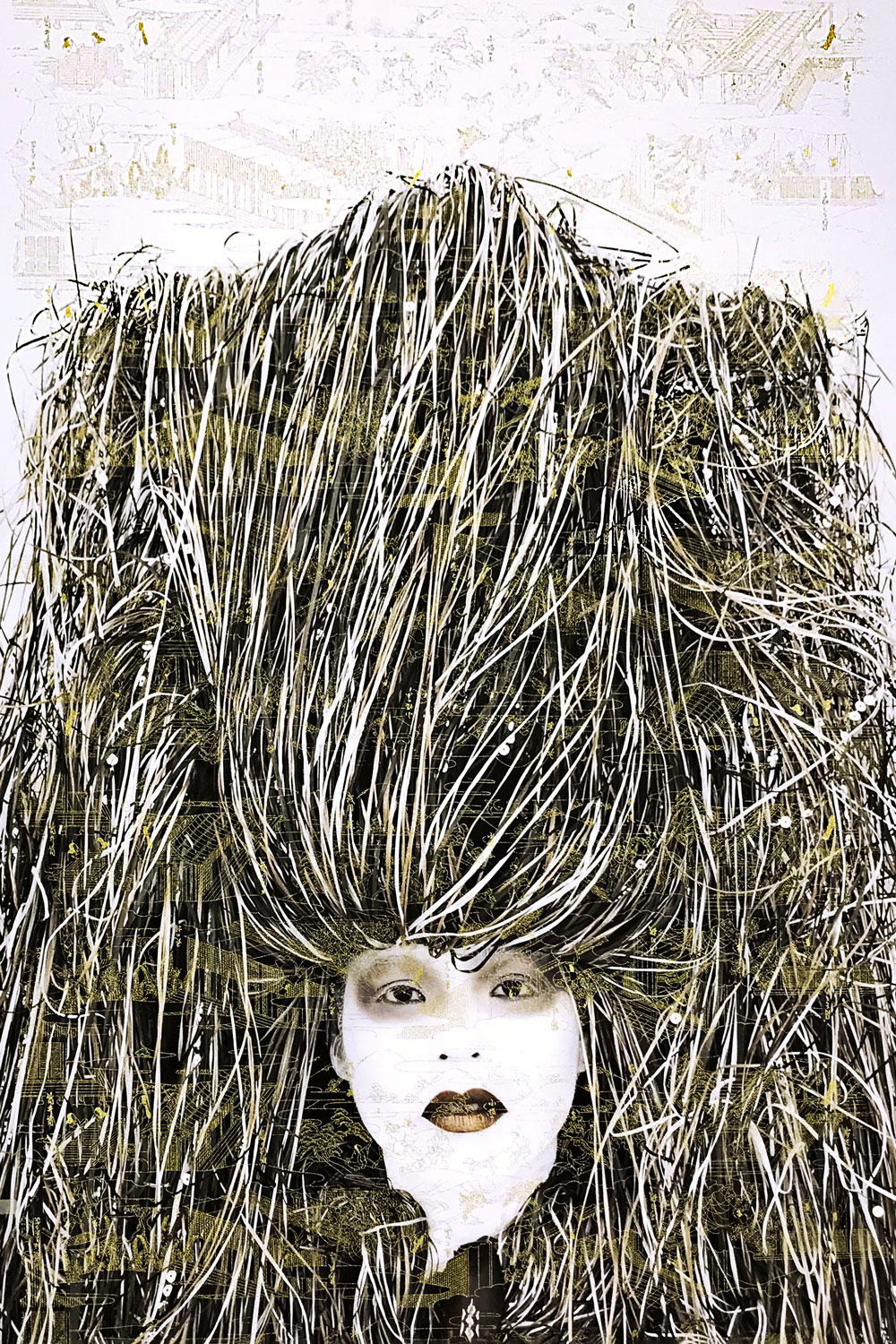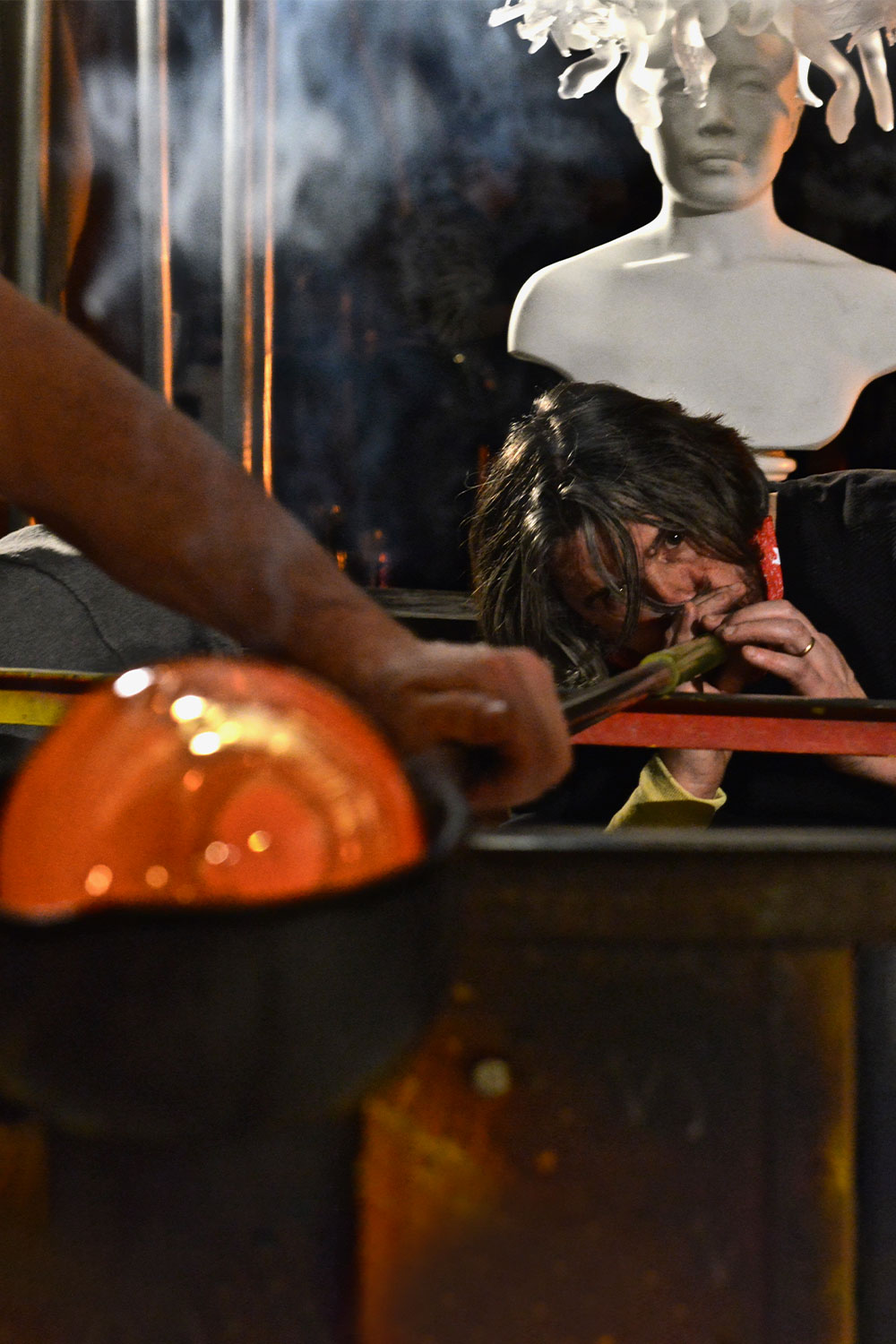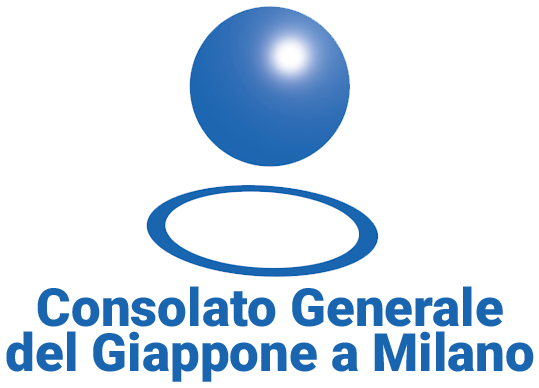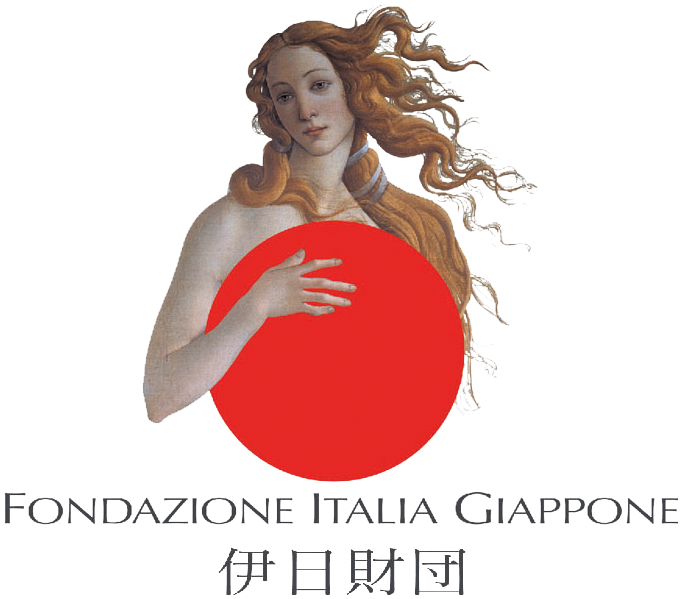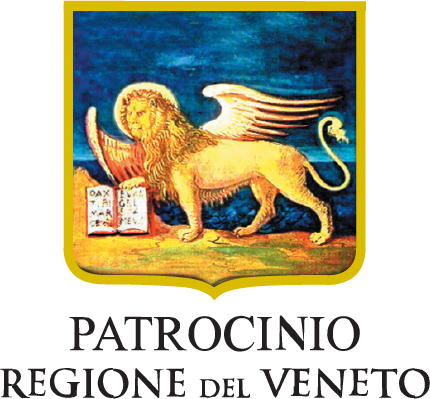Grand opening brunch : "Made in Kyoto" by Kimiko Yoshida
Brunch will be served at this opening event on April 11th from 10am to 2pm to celebrate the launch of the exhibition "Made in Kyoto" by Kimiko Yoshida. Kimiko Yoshida works at Nishijin in Kyoto to create a series of kakejiku, a type of Japanese painting that is mounted on a roll that can be unrolled to hang on the wall. They are made of the silk making up a kimono; each length of silk is screen-printed with tone-on-tone lacquer with a pattern that requires seven colour passages. Another series of large and medium kakejiku show, as if by transparency, a "double image": a modern photograph (self-portrait of the artist on canvas) and the "lacquered image" (urushi-e) of an antique drawing illustrating "Made in Kyoto", which is a story written in the 11th century by Lady Murasaki Shikibu.
Kimiko Yoshida
PhotographingQuestioning identities: Kimiko Yoshida’s cross-cultural researchJapanese visual artist Kimiko Yoshida was born in 1963 and has been living in Europe since 1995. She has been making important series of self-portraits for 20 years, somehow "timeless" images in search of the hybridization of cultures, questioning the given identities of everyone of us. Kimiko’s work has developed around the theme of feminine identity, together with the changing power of art, in a process of "deconstruction" of the self, while the portraits recalls the Flemish primitives. In Kyoto, the photographer has created "double images" on her own portraits printed on canvas, applying lacquer and gold powder to ancient designs from the Tale of Genji. The classic Japanese novel written in the 11th century. The use of the ancestral Japanese technique of lacquer mixed with gold powder, called urushi-e, has allowed the artist to rethink craftsmanship, to question, reinterpret and open it up.
Where you'll be
30125, Venice
Website





